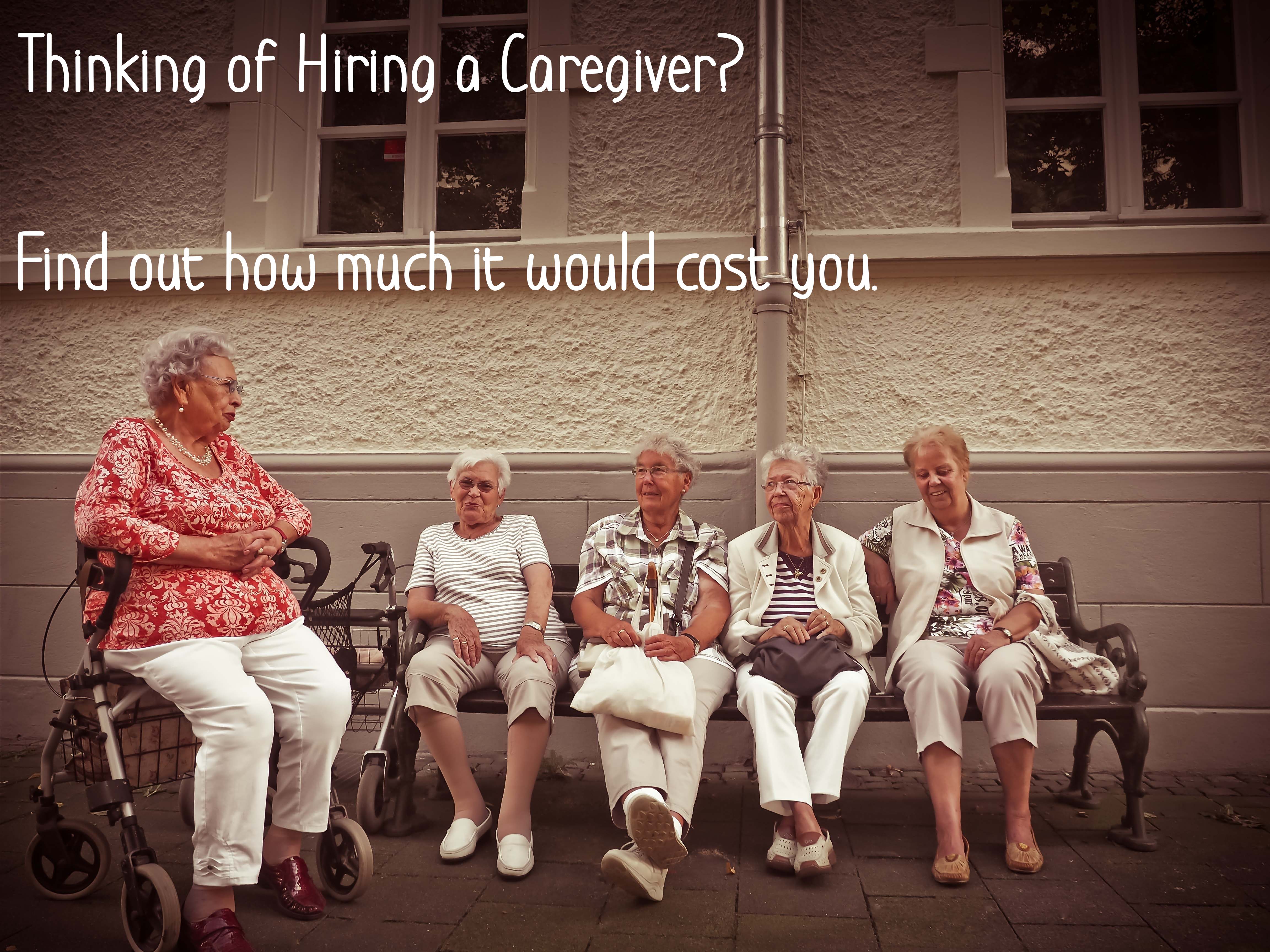Get Better Sleep
 Do you have trouble falling asleep, or toss and turn in the middle of the night? Awaken too early, or find yourself not feeling refreshed in the morning? You are not alone: millions of people struggle with falling and staying asleep.
Do you have trouble falling asleep, or toss and turn in the middle of the night? Awaken too early, or find yourself not feeling refreshed in the morning? You are not alone: millions of people struggle with falling and staying asleep.
Unless you’re suffering from a serious sleep disorder, simply improving your daytime habits and creating a better sleep environment can set the stage for good sleep. By developing a good bedtime routine and designing a plan that works with your individual needs, you can avoid common pitfalls and make simple changes that bring you consistently better sleep.
In This Article:
Better Sleep Tips I: Improving your daytime habits
Better Sleep Tips II: Creating a better sleep environment
Better Sleep Tips III: Preparing for Sleep
Better Sleep Tips IV: Getting Back to Sleep, Television and Sleeping Medications
Better Sleep Tips I: Improving your daytime habits
How can what you do during the day affect your sleep at night? Better sleep starts with good daytime habits, from when (and how often) you exercise to what you eat and drink.
Regular day exercise can help sleep
Regular exercise, aside from many other wonderful health benefits, usually makes it easier to fall asleep and sleep better. You don’t have to be a star athlete to reap the benefits– as little as twenty to thirty minutes of activity helps. And you don’t need to do all 30 minutes in one session: break it up into five minutes here, ten minutes there. A brisk walk, a bicycle ride or a run is time well spent. However, be sure to schedule your exercise in the morning or early afternoon. Exercising too late in the day actually stimulates the body, raising its temperature. That’s the opposite of what you want near bedtime, because a cooler body temperature is associated with sleep. Don’t feel glued to the couch in the evening, though. Exercise such as relaxation yoga or simple stretching shouldn’t hurt.
Hate to exercise? Check out Exercise Guide for Exercise Haters
Get some light to set your body clock
We all have an internal body clock that helps regulate sleep. This clock is sensitive to light and dark. Light tells your body clock to move to the active daytime phase. When you get up, open the shades or go outside to get some sunlight. If that’s not possible, turn on the lights to make your environment bright.
Napping can interfere with sleep
Perhaps the English had the right idea in having teatime in the late afternoon when you naturally get sleepy. Some people can take a short afternoon nap and still sleep well at night. However, if you are having trouble sleeping at night, try to eliminate napping. If you must nap, do it in the early afternoon, and sleep no longer than about thirty minutes.
Alcohol, caffeine, smoking
Alcohol reduces overall quality of sleep. Many people think that a nightcap before bed will help them sleep. While it may make you fall asleep faster, alcohol reduces your sleep quality, waking you up later in the night. To avoid this effect, stay away from alcohol in the last few hours before bed.
Caffeine. You might be surprised to know that caffeine can cause sleep problems up to ten to twelve hours after drinking it! If you rely on coffee, tea or caffeinated soda to keep you going during the day, consider eliminating caffeine after lunch or cutting back your overall intake.
Smoking. Smoking causes sleep troubles in numerous ways. Nicotine is a stimulant, which disrupts sleep. Additionally, smokers actually experience nicotine withdrawal as the night progresses, making it hard to sleep.
Want to quit smoking? Read Quit Smoking Your Way
Better Sleep Tips II: Creating a better sleep environment
The key to better sleep might be as simple as making some minor changes to your bedroom. Take a careful look around your sleep environment to see what might be disrupting your sleep.
To continue reading this article CLICK HERE.
Source: helpguide.org
- Tags: Uncategorized
- Professional Medical














Comments 0